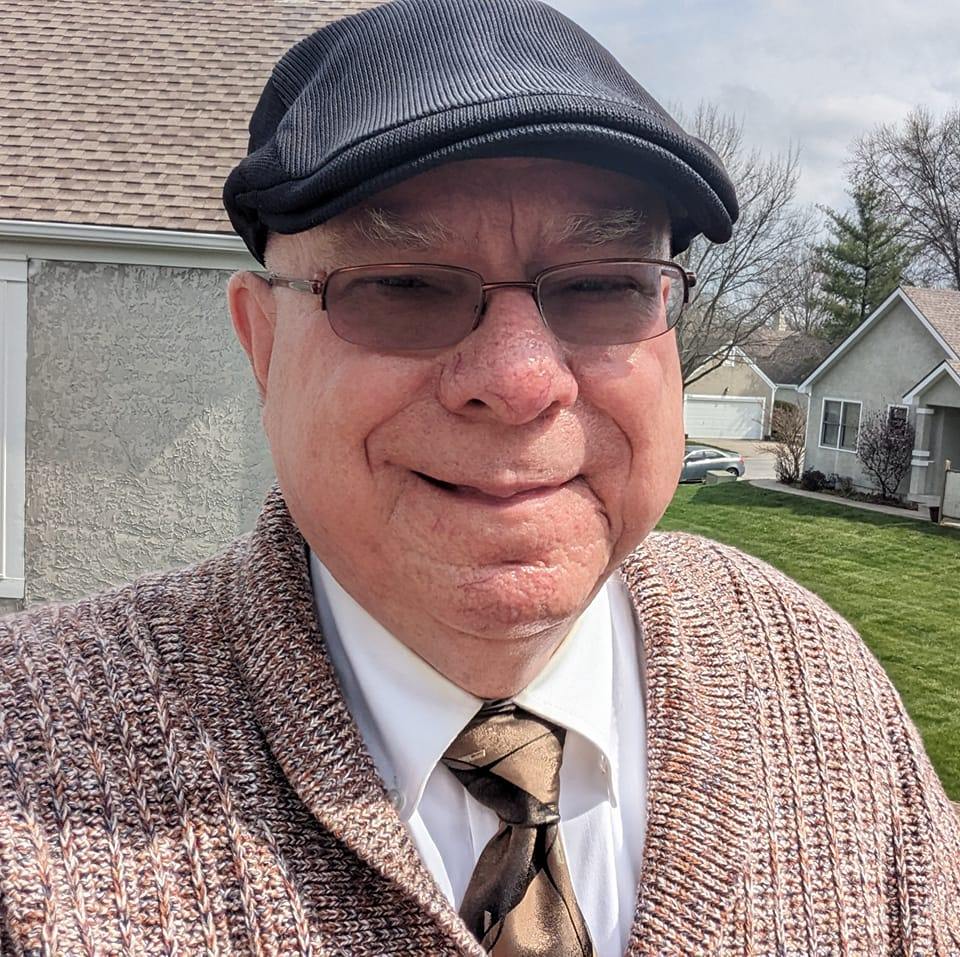What do you mean when you say that program staff members should practice “professional distance”?
Sooner or later, every rescue mission worker will face the fact that they are not able to help everyone who becomes involved with their program. Recovery programs can have a very high turnover rate among their residents. Among rescue mission workers, some have reacted to this situation by becoming discouraged, “burned out,” or even skeptical about the chances of any homeless addict “making it.”
- Why Professional Distance is Needed – Often, when people first hear the term “professional distance”, they think it means counselors are too cold, unloving, and uninvolved with those we counsel. Actually, it is just the opposite! Over-involvement on an emotional level causes counselors to lose their objectivity. They cannot exercise proper judgment in their dealings with those with whom they are seeking to help. Instead, counselors can practice favoritism toward some residents and even end up feeling rejected by them when they don’t respond favorably to their attempts to help them.Mostly, a lack of professional distance is manifested when workers have an improper sense of responsibility for the actions and decisions of their clients. And, it is important to remember that, since so many of those we work with at rescue missions have a background of addiction and codependency, they know how to make others feel guilty about not “taking care of them.”
Mission workers must be committed to being part of the solution and not a part of the problem. Their own unresolved issues will inevitably hinder their ability to minister effectively to others.
- Professional Distance is All About Boundaries – To be a successful counselor in a rescue mission setting, an individual needs good personal boundaries. This means allowing residents to be responsible for their own decisions and actions – and allowing them to experience the consequences fully. My job is not to fix you. My job is to share what I found out and you can either take it or leave it. Whatever you do with what I’m sharing with you is your choice. I’m not going to own any of that for myself. It’s being able to leave residents and their problems at the mission when we go home at night.
- Professional Distance Means Knowing When to “Let Go” – In over twenty years of ministry to troubled people, I have found that there are basically just two reasons:
| 1. | They are not ready for the help we have to offer | |
| 2. | They have problems we are not equipped to handle |
At times, people may have more problems than a mission’s facility and staff is equipped to handle. This can be especially true when we encounter individuals with severe mental problems. For them, the most loving direction is certainly a good referral to a place where the help they need can be found. So, staff members need to know; a) what resources are available in-house, and b) resources are available to meet residents’ needs in the community outside of the rescue mission.
On the other hand, there are people who simply are not ready for what we have to offer. With mission program participants this usually shows up in the form of resistance. One manifestation of resistance is a refusal to abide by expectations and rules to which they initially agreed when they first entered your facility or program. Using alcohol and/or drugs while in the program is another form of resistance. Keeping such people around can be both bad for them and unfair to those who do have a sincere desire for a new life.
Certainly, troubled people need a lot of love and compassion. Yet on the other hand, like Jesus, rescue mission staff members do need, at times, to confront people who are in sin and denial. Truth is always uncomfortable to the hard-hearted. People continue to abuse alcohol and drugs (and persist in dysfunctional behaviors) as long as they feel the benefits outweigh the costs. While it can be extremely difficult to dismiss certain people from a program, we really are doing what is best for them. For those in denial about their problems, consequences can be their salvation! People only recover from addiction when they learn to take responsibility (with God’s help) for their own actions and lives. We cannot do this for them!
Responsibilities of the Rescue Mission Counselor
|
For other resources by Michael Liimatta see:
He has also contributed to the Christian Recovery Library

 As I have mentioned in an earlier article, I am firmly convinced that we must help people in residential programs to be come integrated into two vital communities – the Church and the recovery community. There is life after the residential recovery pro gram and if we don’t spend enough time and energy preparing our clients for it, we have done them a great injustice.
As I have mentioned in an earlier article, I am firmly convinced that we must help people in residential programs to be come integrated into two vital communities – the Church and the recovery community. There is life after the residential recovery pro gram and if we don’t spend enough time and energy preparing our clients for it, we have done them a great injustice. How much of my own personal struggles should I share with counselees?
How much of my own personal struggles should I share with counselees?

